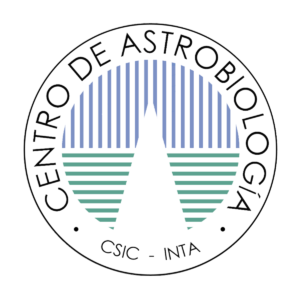Álvarez Herrero, A., Parejo, P. G., Silvia López, M. 2018. Fine tuning method for optimization of liquid crystal based polarimeters. Optics Express 26, 9, 12038-12048 DOI: 10.1364/OE.26.012038
Liquid crystal variable retarders (LCVR) based polarimeters perform temporal polarization modulation by applying a sequence of driving voltages to introduce different optical retardances. However, even after a careful design and fabrication, manufacturing tolerances (i.e., slight optical axis misalignments, instrument residual polarization, optical activity in the LCVRs…) or the final system configuration (i.e., LCVRs in a convergent optical beam, thermal gradient across the clear aperture…) produce deviations from the ideal setup. As a consequence, all of these effects can reduce the polarimetric modulation efficiency of the device and, therefore, its signal-to-noise ratio. Hence, the voltage sequence applied according to the LCVR calibration curves may not be suitable to reach the optimal theoretical polarimetric efficiencies. In this work, a systematic fine tuning method for the LCVRs driving voltages is described an experimentally demonstrated. (C) 2018 Optical Society of America under the terms of the OSA Open Access Publishing Agreement






